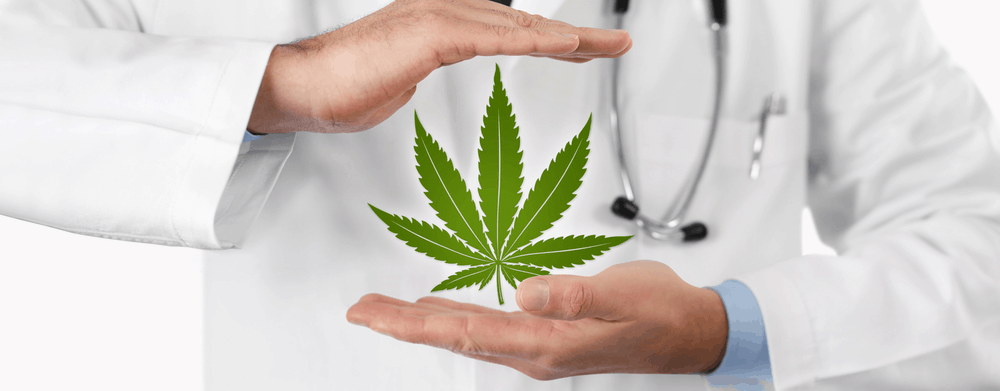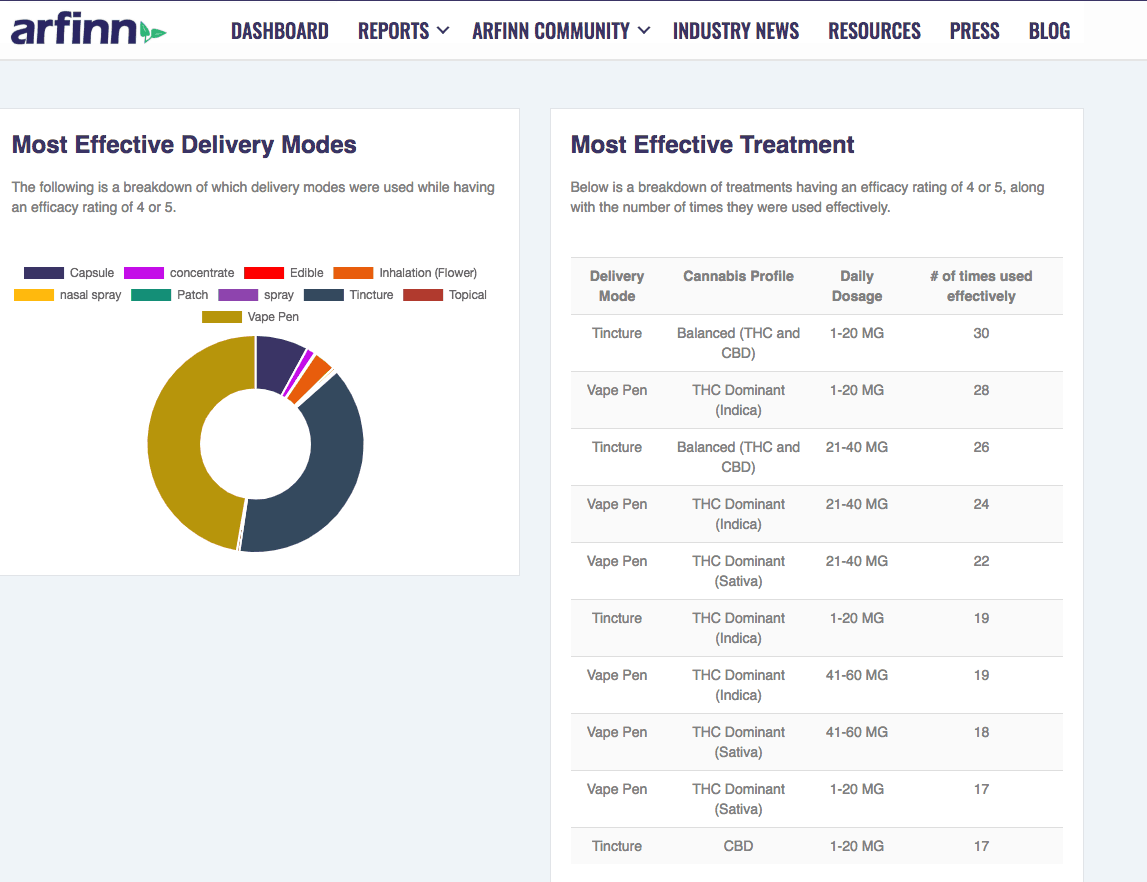After 50 Years, U.S. Opens The Door To More Cannabis Crops For Scientists
After more than 50 years, the federal government is lifting a roadblock to cannabis research that scientists and advocates say has hindered rigorous studies of the plant and possible drug development.
Since 1968, U.S. researchers have been allowed to use cannabis from only one domestic source: a facility based at the University of Mississippi, through a contract with the National Institute on Drug Abuse (NIDA).
That changed earlier this month, when the Drug Enforcement Administration announced it’s in the process of registering several additional American companies to produce cannabis for medical and scientific purposes.
Stories you may be interested in
Aching for a Better Alternative?
To close out Arthritis Awareness Month, we’re highlighting how medical marijuana may be a beneficial alternative treatment for this painful and debilitating disease. With over 31 million Americans suffering from various types of arthritis, the condition stands as the leading disability throughout the U.S. As many may know, arthritis is most common among the middle-aged…
Read More European Parliament Passes Cannabis Resolution, Joins WHO In Supporting Medical Marijuana
Following reports about the World Health Organization (WHO) recommending a rescheduling of cannabis and several of its key components under international drug treaties, the European Parliament voted on Wednesday on a resolution that would help advance medical cannabis in the countries that form the European Union. Read the full story here.
Read More Three Key Voices in the Medical Marijuana Industry
As medical marijuana programs continue to expand throughout the United States, it is important to recognize some of the key voices throughout the industry that got us here. These individuals range from researches to physicians and even to patients who started their own advocacy group. Keep reading to learn about just three of the many…
Read More After marijuana edibles helped dying Holocaust survivor battle Alzheimer’s, his family’s foundation pushes for more research
A Massachusetts family’s experience giving marijuana edibles to their dying patriarch is set to kick off a desperately needed investigation into how cannabis might treat some of the more troubling symptoms of Alzheimer’s disease, a condition that affects 5.7 million Americans. Read the full story here.
Read More Alternative Mississippi medical marijuana program barely wins approval from Senate
JACKSON • Legislation that would create a new medical marijuana program in Mississippi if the voter-approved Initiative 65 is overturned in court cleared the state Senate on the second try last week early on Friday morning. Senate Bill 2765, the Mississippi Medical Cannabis Act, failed by a single vote Thursday evening. But six hours later, after…
Read More Doctors and patients are flying blind as medical marijuana use rises, research lags
Marijuana’s role in the health care universe has grown exponentially over the past few years. Currently, 33 U.S. states have legalized the use of medical marijuana, and more and more states are considering making it legal for recreational purposes as well. As cannabis becomes more accessible, many people are turning to tetrahydrocannabinol (THC) and cannabidiol (CBD) products to…
Read More 




